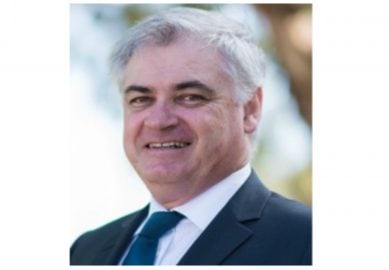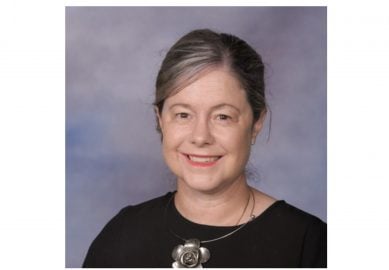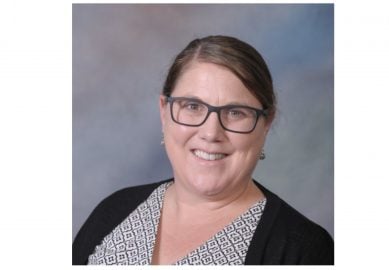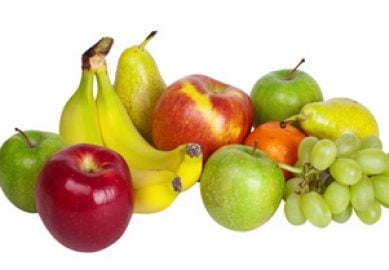Dear Parents and Caregivers,
Often as parents we can become frustrated by our children, their lack of effort at home and at school, or their constant attendance to social media at the expense of others in their family. Sometimes this can take the form of challenging behaviour, or the lack of responsiveness to simple requests. As parents and teachers, it is left to us to guide them through the years of adolescence, which at times tests our resolve and can lead to some unhappy times in the home.
We need to remember that:
Happiness is not simply a private and personal gift. Happiness is a social responsibility. My happiness- or a lack of it- affects the people around me. When I am depressed, when a dark mood oozes out into the world around me (possibly due to dealing with teenagers), I poison the environment for everyone else. My workplace suffers, my awareness of those around me (particularly family) goes to nothing and it affects those I am meant to care for. This can seem a harsh reality.
Happiness is a social imperative. Unhappiness is a social disease.
We do not have the right to manipulate the environment emotionally in such away that only our feelings count. Adolescent moodiness, those years when we are at the mercy of our undisciplined and raging hormones, is a stage of life we are meant to outgrow. It is a period of learning how to control our responses. No one is meant to get bogged down indefinitely.
Psychologists for a long time have concentrated on the dregs of unhappiness, curing its pains, diminishing its consequences. The emergence of Positive Psychology has changed the playing field where instead of concentrating on the negative – it does the opposite. It looks at what it really means to be alive and happy.
St Joseph’s has adopted many of the Positive Psychology aspects and it is in the infancy in our Pastoral Care Program (You’ll Never Walk Alone). This is not new to Catholic education, but it gives us a different structure to work within. Over the coming months more of this will prevail throughout the College in our wellbeing programs. I hope this in turn will make some of our family’s happier places, as our teenagers learn more positive ways of coping with the demands of growing up and indeed the demands of life. We as the adults need to set the example first, that’s why patience is a virtue.
This week’s reflection: Albert Schweitzer
‘Sometimes our light goes out, but it is blown again into flame by an encounter with another human being. Each of us owes the deepest thanks to those who have rekindled this light”
When our energies ebb, when our own hope dies, it is the energy and hope of the other that holds us up.







































